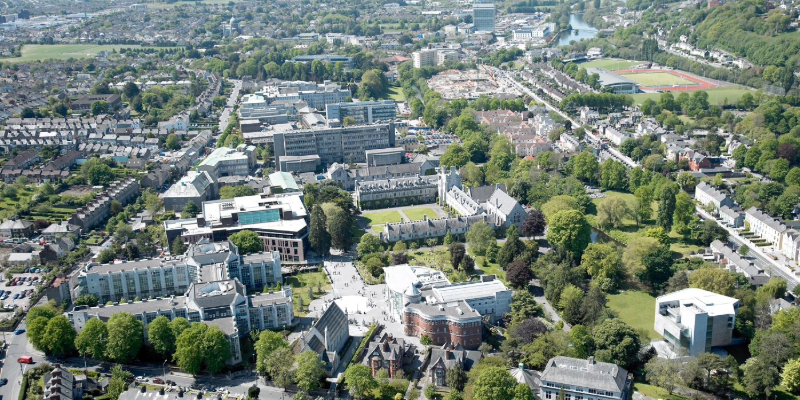In This Section
Ireland’s climate policy is failing women and marginalised communities – new report

- New report finds that government response to climate crisis is worsening inequalities for women and marginalised people.
- Energy poverty, housing poverty, food poverty, mobility and spatial injustices risk being exacerbated by the climate crisis and policy responses.
- The report was led by UCC researchers for Feminist Communities for Climate Justice, a joint project between the National Women’s Council of Ireland and Community Work Ireland.
A groundbreaking new report has found the current government response to climate action is worsening existing inequalities experienced by women, Travellers, disabled people, older people and other marginalised groups. The report is the first of its kind in Ireland and reveals that current climate policy does not factor in existing inequalities experienced by these groups.
The baseline research is published by Feminist Communities for Climate Justice, a joint project between the National Women’s Council of Ireland and Community Work Ireland. The report was prepared by Dr Fiona Dukelow, Dr Catherine Forde and Edith Busteed from the School of Applied Social Studies at University College Cork.
The report found that the current government response to climate action is worsening existing inequalities experienced by women, Travellers, disabled people, older people, and people seeking refuge and asylum. Current government policy puts the responsibility on individuals to take climate action, without addressing the structural barriers which prevent people from making climate-friendly choices.
The report identifies several gaps in current climate policy, including:
- Absence of women and marginalised communities in climate decision making spaces.
- Lack of gender-specific data about impacts of climate breakdown, resulting in a lack of gender-proof climate plans and policies.
- Omission of care and care work, which is inherently green and low-carbon, from domestic climate policy.
- Failure of current Just Transition plans to reduce inequalities for women and marginalised communities and enable them to participate in the Just Transition process.
Dr Fiona Dukelow, senior lecturer in social policy, research associate with the Institute of Social Science for the 21st Century (ISS21) and co-director of the Diploma in Environment, Climate and Sustainability at University College Cork, said: “The climate crisis does not impact everyone equally in Ireland. One of the most striking disparities is in greenhouse gas emissions by income. The top 10% in Irish society have carbon footprints that are between 3.8 and 35.8 times the size of the carbon footprints of the entire bottom 50% of the Irish population. This disparity carries through in how climate policies burden particular groups and how they intersect, including women, people living in poverty, Travellers and disabled people.”
“Existing issues and inequalities including energy poverty, housing poverty, food poverty, mobility and spatial injustices experienced by these groups and communities risk being exacerbated by the climate crisis and prevailing policy responses. Conversely, climate policies can also confer benefits which are not equally distributed. There is a lack of attention paid to and a lack of data gathering on these climate justice issues. In meeting our stringent and very necessary climate targets with fairness and equality it is essential that climate justice moves from the margin to the centre of our climate action commitments,” Dr Fiona Dukelow continued.
Collette McEntee, Project Co-Ordinator for Feminist Communities for Climate Justice said: “This report clearly shows that the government has a blind spot when it comes to the overlap of the climate crisis and its impact on women, disabled people, Travellers, and many others. This has to change. If we are to meet our climate goals and make a Just Transition, it must be a fair, sustainable transition for everyone not just a select few.”
“There is a clear need to better support communities who are impacted by climate action plans. This means including them as active participants in the development of climate policy and any plans for a Just Transition. It means investment in public services, such as accessible affordable public transport, childcare, green energy alternatives and retrofitting, and it means valuing and supporting work which is already climate-friendly and essential for our society, such as paid and unpaid care work.”
The report will be launched at an event at Lapp’s Quay, UCC, on Thursday, 11 April. The event will feature speakers including Princesita 'Queenie' O'Riordan, Founder of Sister Hub Cork; Orla Burke, Member of Independent Living Movement Ireland; Orla O’Connor, Director of the National Women’s Council and report co-authors UCC researchers Dr Fiona Dukelow, Dr Catherine Forde and Edith Busteed.
You can read the full report and findings here. You can find a shorter summary document here.
